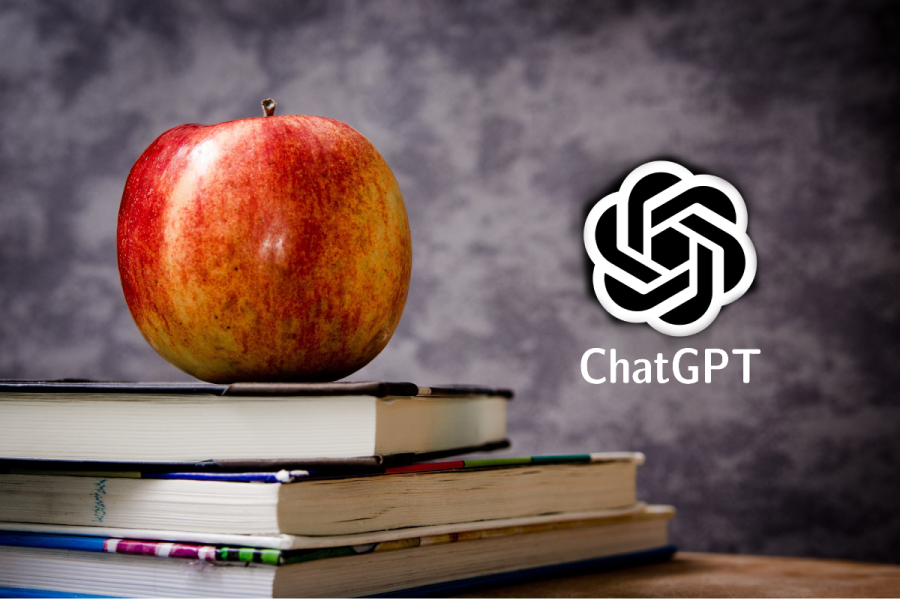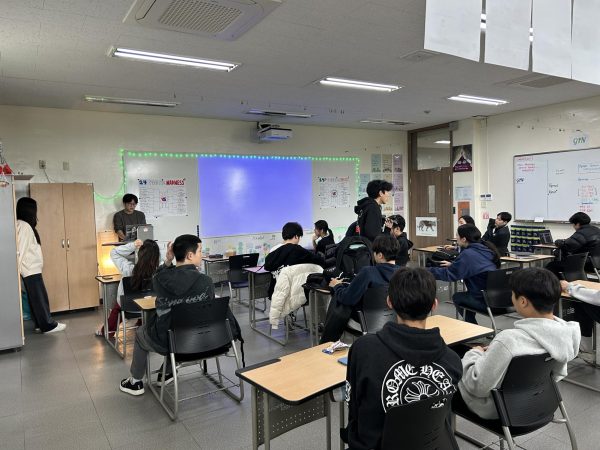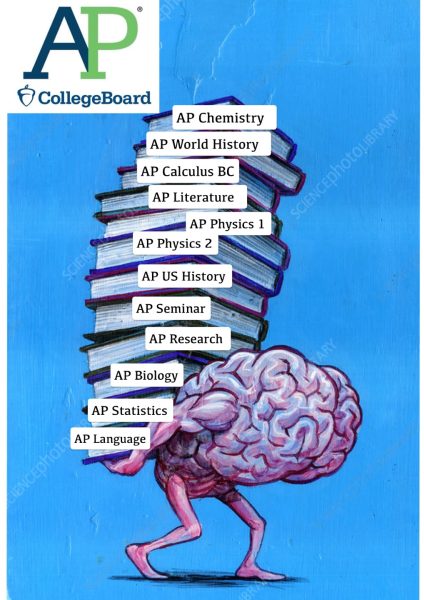ChatGPT requires skills—teach them.
Note: This article connects to the previous ChatGPT article.
“Write a college-level 800-word essay exploring the theme of ambition in Macbeth. Incorporate textual evidence throughout and analyze thoroughly.”
It’s as easy as that. After requesting this prompt, ChatGPT generates your English essay in mere seconds, and all you need to do is copy it and press submit. Right?
A common misconception is that using ChatGPT makes writing mindless and effortless. Although ChatGPT facilitates the writing process, it still requires certain skills such as providing clear instructions, curating the chatbot’s responses, and evaluating information critically. So educators, rather than completely prohibiting ChatGPT, should focus on fostering these abilities in students, preparing them for a future workforce that incorporates AI.
Reconsider the Macbeth essay. At first glance, the AI tool’s writing may seem impressive. In reality, it only superficially analyzes each key concept and textual evidence: “Macbeth’s ambition consumes him, and he becomes willing to do anything to make the prophecy a reality, even if it means resorting to murder.”
It is important to note that ChatGPT usually generates superficial responses to surface-level prompts. If users want an elaborate paragraph by the chatbot, it usually requires a thorough explanation of a set of instructions. Furthermore, the chatbot will frequently give out undesired answers, and users need to appropriately fix their prompt by pointing out the response’s flaws and areas for elaboration.
Even after that process, there is a chance that ChatGPT continuously produces unwanted or shallow responses. These cases demonstrate how the chatbot requires students to have a strong understanding of basic writing skills, for students expressing themselves clearly and accurately in writing is irreplaceable.
So, unlike how many are concerned, ChatGPT does not mark the end of English classes: teaching writing remains important. But that doesn’t mean ChatGPT doesn’t have a place in the classroom.
It is vital that students develop the capability to evaluate and refine the AI’s answers. ChatGPT provides a wealth of information—some more fitting the user’s needs than others—and it is the user’s role to choose which parts of the responses to use appropriately. Mastering this skill allows students to establish an efficient working method that saves time and preserves quality, which is essential for the future workplace.
To work toward this, English teachers could consider putting more weight on revising writing. Currently, students spend a great amount of time writing essays from scratch. In addition to this, teachers could include more exercises where students identify and analyze poor writing, such as defects in coherence, weakness in logic, and lack of commentary.
Furthermore, they should teach and develop research skills. Since ChatGPT trained on vast amounts of texts from the internet without checking their validity or accuracy, it often may confidently write false or biased information. Thus, the ability to support information with credible sources will likely become increasingly significant, and educators should incorporate more research-based assignments to cultivate this necessary skill.
At the end of the day, it is crucial that educators share the strengths and limitations of ChatGPT with the class. ChatGPT is great for summarizing, for example—much more efficient than people. This does not mean honing that skill becomes entirely trivial, but, indeed, AI will likely replace many of the summarizing jobs. It could also be a good inspiration tool, listing ideas from which students can select to write about.
On the other hand, the chatbot, by itself, is poor at argumentation. It often lacks logic or merely scratches the surface of the topic. Students should be aware of this so that they understand where ChatGPT can be useful and where their writing skills remain essential.

Joseph is the senior design & production editor. He is a night person and often heavily relies on coffee. In his free time, he loves to watch LoL Champions...











